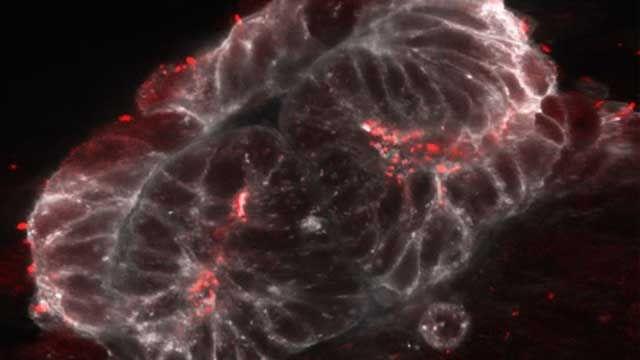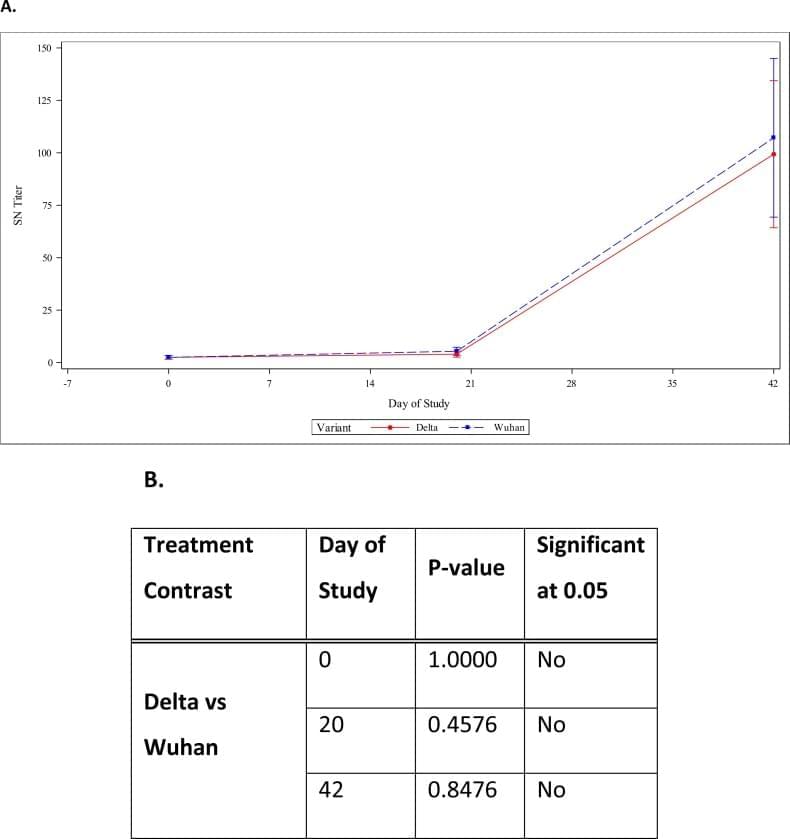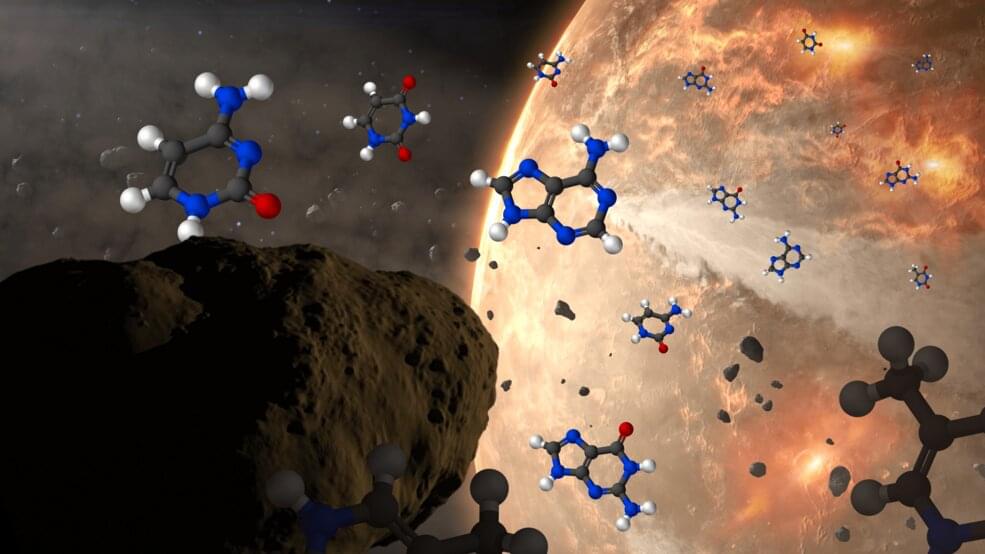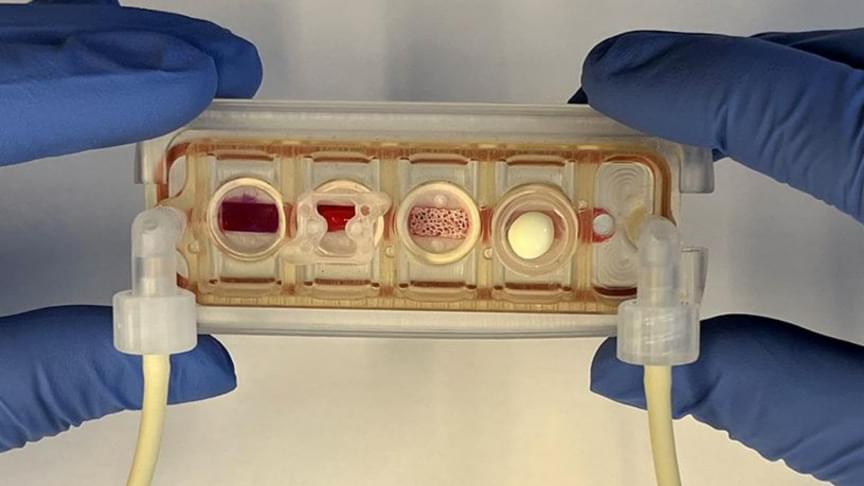A growing group of startups and established logistics firms have created a multi-billion-dollar industry applying artificial intelligence and other cutting-edge… See more.
LONDON, May 3 (Reuters) — Over the last two years a series of unexpected events has scrambled global supply chains. Coronavirus, war in Ukraine, Brexit and a container ship wedged in the Suez Canal have combined to delay deliveries of everything from bicycles to pet food.
In response, a growing group of startups and established logistics firms has created a multi-billion dollar industry applying the latest technology to help businesses minimize the disruption.
Interos Inc, Fero Labs, KlearNow Corp and others are using artificial intelligence and other cutting-edge tools so manufacturers and their customers can react more swiftly to supplier snarl-ups, monitor raw material availability and get through the bureaucratic thicket of cross-border trade.







